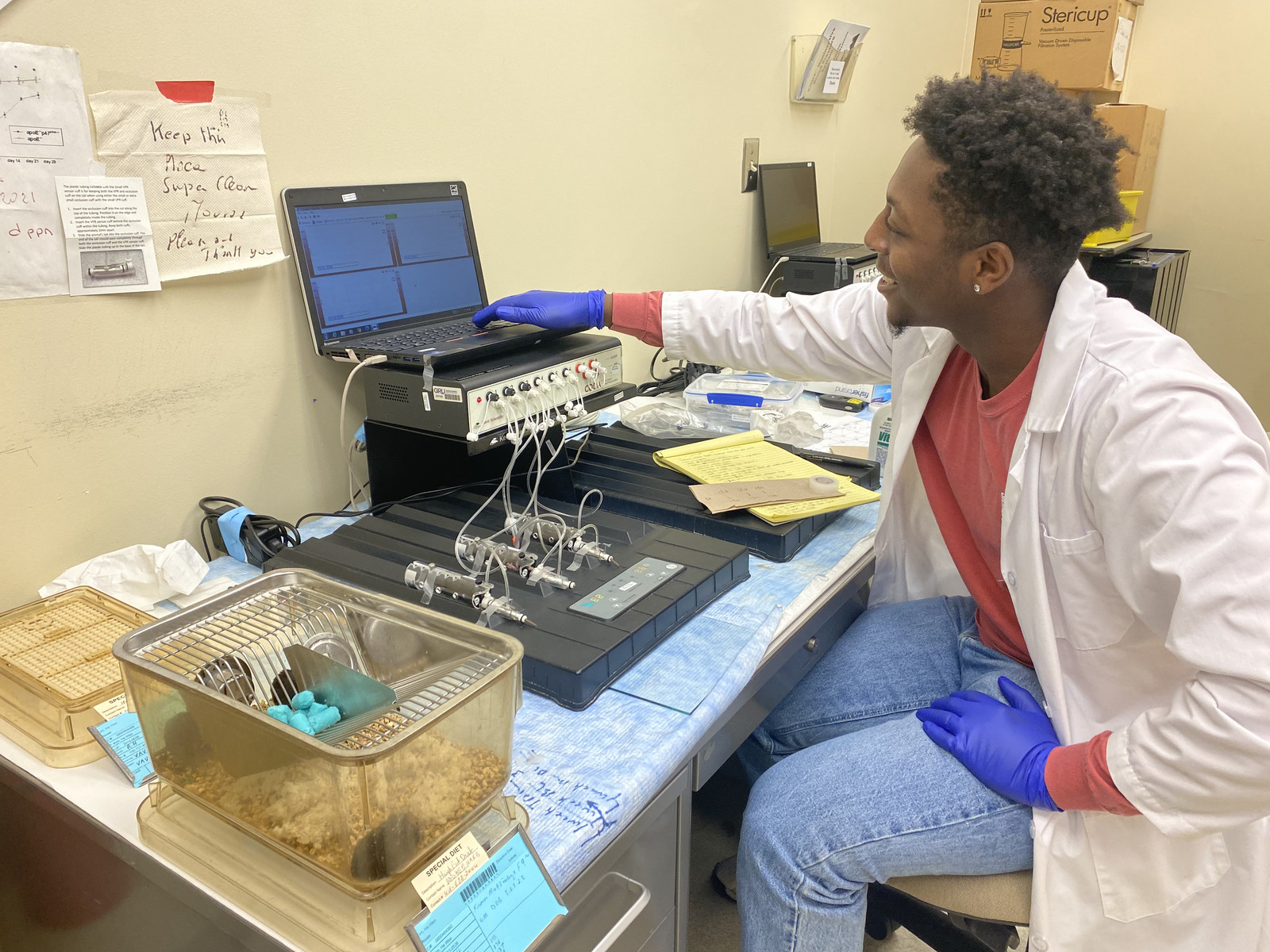The Experimental Semester
The GRA Student Scholars program recruits new talent to the field
What's it really like working alongside a world-class scientist? GRA helps undergraduate and graduate students across Georgia explore the answer to that question through the GRA Student Scholars program.
In the program, members of the GRA Academy of Scientists (and select GRA partners) recruit students from the state’s colleges to gain hands-on experience in a university research lab.
Details about the GRA Student Scholars program
Students who are selected as GRA Student Scholars:
- Learn and perform protocols and tasks directly related to the research project(s) design
- Confer with lab colleagues and the lead scientist on objectives, methods
- Attend meetings and/or conferences pertaining to the research
- Prepare a scientific poster of the research problem and process worked on (end of summer)
- Prepare a brief report of the summer experience (in written or video form)
Thanks to the support of private funding partners, GRA provides its Student Scholars with a monetary stipend as compensation and, in some cases, helps offset the cost of attending academic conferences.
For their part, participating (host) laboratories:
- must engage students in meaningful work in the lab – i.e., participation in funded research projects and inclusion in meetings of/correspondence to the full lab;
- must employ the student(s) for 25 to 40 hours per week;
- are encouraged to provide additional opportunities for each Student Scholar to gain relevant experience. Some examples: attending conferences and seminars, contributing to journal articles, creating research posters and other materials and making presentations; and
- select students who have not previously worked in the host lab.
At the end of each semester, GRA administers a brief online survey to each participating student and host scientist. The information is used to improve the program and provide funding partners with assessments of the experience.


